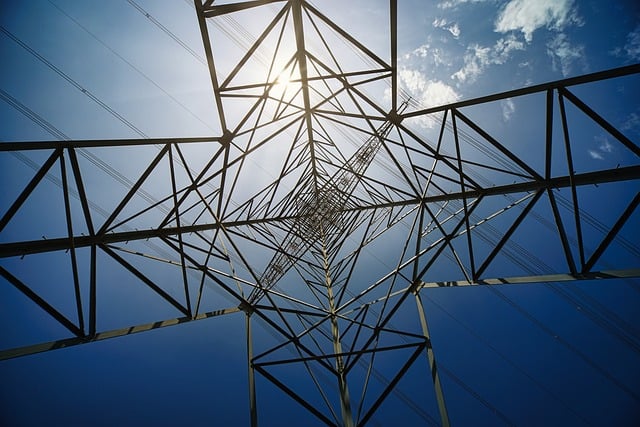EPA Power Plant Rules Ignite Conservative Backlash
Washington, D.C. – Conservative leaders are forcefully opposing the Environmental Protection Agency's (EPA) finalized regulations aimed at cutting greenhouse gas emissions from power plants. Critics contend these rules represent federal overreach, threatening economic stability, energy affordability, and the reliability of the nation's power grid by potentially forcing costly upgrades or premature plant closures.
Economic Fallout and Energy Costs Fuel Opposition
Leading the charge, Senator John Barrasso (R-WY), ranking member of the Senate Energy and Natural Resources Committee, stated, "This administration is waging a war on American energy. These regulations will cripple our power grid and drive up energy costs for families and businesses across the country. It’s another example of the Biden administration prioritizing its radical climate agenda over the needs of the American people."
Opposition extends beyond Congress. Numerous state governors and attorneys general argue the EPA has overstepped its authority and are preparing legal challenges. They assert the rules will disproportionately harm states reliant on fossil fuels, jeopardizing local economies and energy security.
Grid Reliability Concerns Take Center Stage

A central argument revolves around grid reliability. Opponents fear that forcing the retirement of consistent 'baseload' power sources (like coal and natural gas plants) will leave the grid vulnerable to blackouts, especially during extreme weather or peak demand. "We need a diverse energy portfolio to ensure a stable and affordable energy supply," stated Rep. Cathy McMorris Rodgers (R-WA) during her tenure as Chair of the House Energy and Commerce Committee, arguing the regulations "undermine that diversity and put our nation's energy security at risk."
Feasibility of Mandated Technology Questioned

While the EPA maintains that required carbon capture and storage (CCS) technologies are viable, critics strongly disagree. They highlight the high costs, technical challenges, and limited large-scale deployment of CCS, arguing the rules effectively force an unready transition to intermittent renewable sources before they can reliably and affordably meet national energy demands.
Legal Battles and Legislative Pushback Expected
Multiple conservative groups and state attorneys general are launching legal challenges, arguing the EPA exceeded its statutory authority under the Clean Air Act and infringed on states' rights. Concurrently, some lawmakers are exploring legislative options to counter the regulations, seeking policies they believe better balance environmental goals with economic and energy security needs.
Call to Action: Advocating for Energy Affordability and Reliability
Conservative leaders encourage citizens concerned about energy costs and grid stability to engage with their elected officials regarding the EPA regulations. They stress the need for policies supporting domestic energy production, economic growth, and affordable, reliable power. This debate is set to significantly influence America's future energy strategy.
